Ruas India: Online Marketplace Advances Artistic Social Change / Meet the Artists
The Republic of India has one of the oldest recorded cultures, the most populous democracy government in the world and is the birth place of several religions that pre-date Christianity. More than a billion people call this country home, it is a land of great bio-diversity, wealth and grinding poverty. The tropical heat and exotic spices are reflected in the colorful and industrious nature of the East Indians.
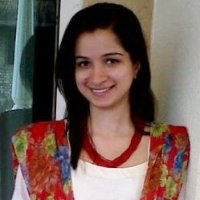
These days, a lot of young women in India live fairly modern lives, by Western standards, especially in the larger cities. They go to school, drive, have jobs and socialize with friends. And often, they can pick their own husbands if the family is more progressive than past practices would dictate. For centuries, women in India were more like property and therefore traded for every reason but love. The subjugation of women, dowries and the caste system are still firmly entrenched even with recent anti-discrimination laws and social welfare initiatives.
I say all this because now, with the power of social media and the personal dedication by Ruas India founder Aditi Dubey, subtle changes are happening in this ancient and enigmatic civilization. Dubey’s passion for art, history and craft has led her to use her skills to build the global platform that is Ruas. She is a writer, photographer, designer and networker and has been working on this project since 2015.
On an important side note, it may come as news to some that first-world tastes for fast and trendy fashion, and the subsequent global glut of used clothes and inexpensive, environmentally damaging fabrics, has all but killed traditional home-spun textiles and the financial support it provides to families in places like India and Africa. The art of cloth-making, stitching and decorating is fading fast in villages throughout these countries in favor of cheap second hand clothing shipped over from countries like America. This is an alarming fact that subsequently underscores the importance of what Ruas India is all about: Appreciating socially-impactful and functional ART!
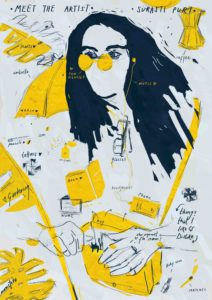
Ruas India also had its first online Meet the Artist series featuring 23 artists this past June, focusing on the creative side of local Indian artistry with paint, charcoal, ink, etc. Those behind all the big ideas at Ruas plan to make the Meet the Artists celebration an annual event.
Visit their website – www.ruas.in – and you will appreciate the initiative of a mostly-female artisan collective and online cooperative , linking artisans with buyers in a simple mission to preserve art forms, uplift and empower women in a country that sometimes does not seem to have this in mind for its female citizens. Most of the items sold on the Ruas network comes out of the district of Kutch, located in the rural northwestern most part of the country from villagers utilizing their own unique patterns and textures. As explained in the interesting stories on their website, many of the women in this region live sheltered lives in close-knit communities.
Putting themselves or their work on display is often difficult for them, let alone ideas of entrepreneurial business opportunities. Overcoming these ingrained cultural norms takes bravery on the part of the artisan. The time and mindfulness that has gone into the craftsmanship and designs on each item can never be replicated like machine made items.
When for several millennia the Indus peninsula was known for its crafts production and trade networks, now Dubey echoes the sentiment that traditional textiles and the art of embroidery are failing to carry on significantly in Indian culture and expresses that “sadly, craft is highly undervalued in our country.” A doctoral thesis can be written as to the many reasons why this has happened. The Artisan to Artist program gives these villagers a platform for social expansion, should they chose it.
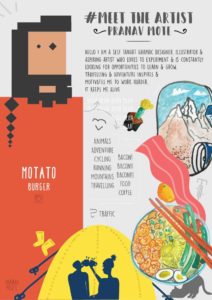
Today if they are able, many younger women are going to university or taking jobs in the cities, not staying home to spend their days with the needle and thread learning the local flavor of embroidery. However, women are the keepers of histories even as it often overlooks them. Yet positive and lasting social change can come from small, grassroots enterprises like Ruas by bridging the larger global economy with small, usually female run businesses in this remote location of India. Becoming a supporter ensures that important histories and cultures are preserved as well as taught to the next generation.
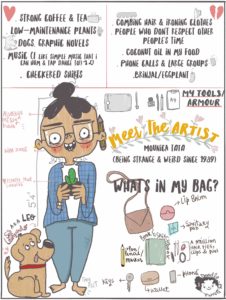
Dubey says that by purchasing the hand-made belts, bags, straps and other items from Ruas India online, customers are re-establishing and re-affirming human creativity and self-sufficiency. One of her favorite items is the blank-flap canvas artist bag that can be personalized any way you chose. It is chic, sturdy and affordable so you can buy one for a friend, too. Your credit card will make the monetary exchange at the most current exchange rate. The easily navigated and insightful web page features the amusing, youthful and insightful vision of 2017’s featured artists.
On the Artisans to Artists profile, viewers can learn how they can support this initiative. Little things lead to big things. We hope there will continue to be more eye-opening, functional art and uplifting messages from Dubey and the artisans of Ruas India as time goes on.
ArtBeat Magazine thanks Aditi Dubey, the staffers and all the artists at Ruas India for their time and beauty.


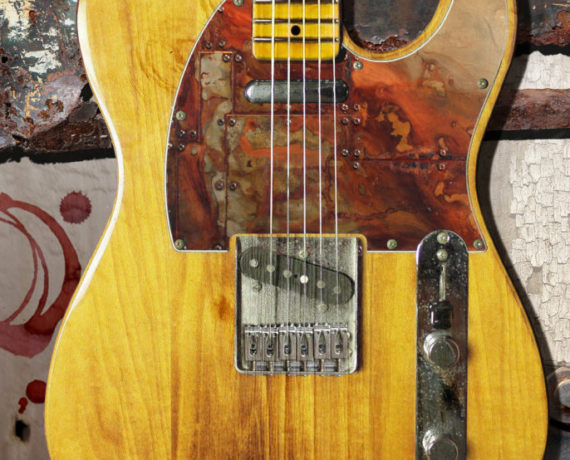
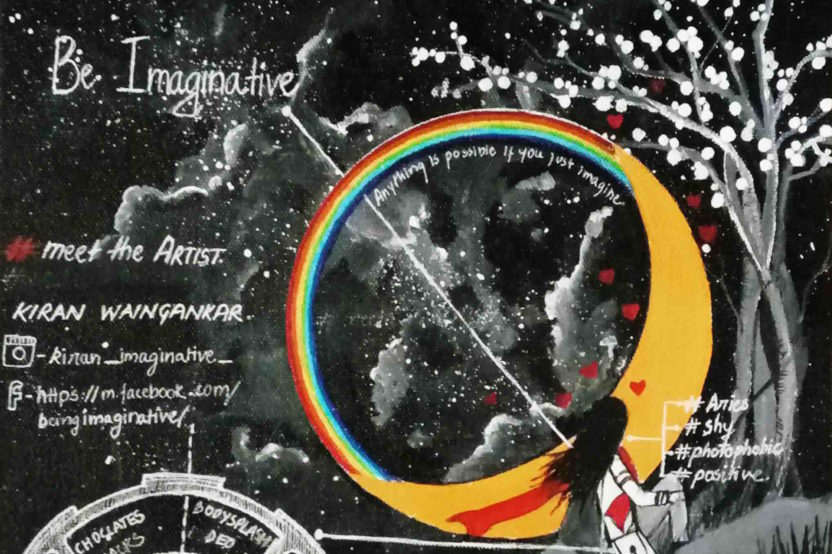
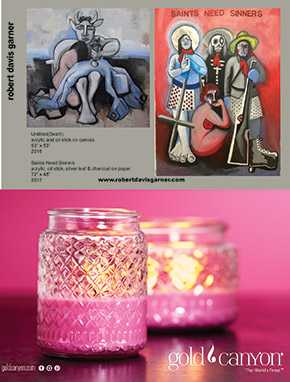



 Architects of Art: In the Course of Time
Architects of Art: In the Course of Time  Random Seed, A Fractal Artist Update
Random Seed, A Fractal Artist Update  Discovery Through Preservation, Mesa Historical Museum
Discovery Through Preservation, Mesa Historical Museum  Looking Glass, A Reflection of Time – Norman Broomhall
Looking Glass, A Reflection of Time – Norman Broomhall